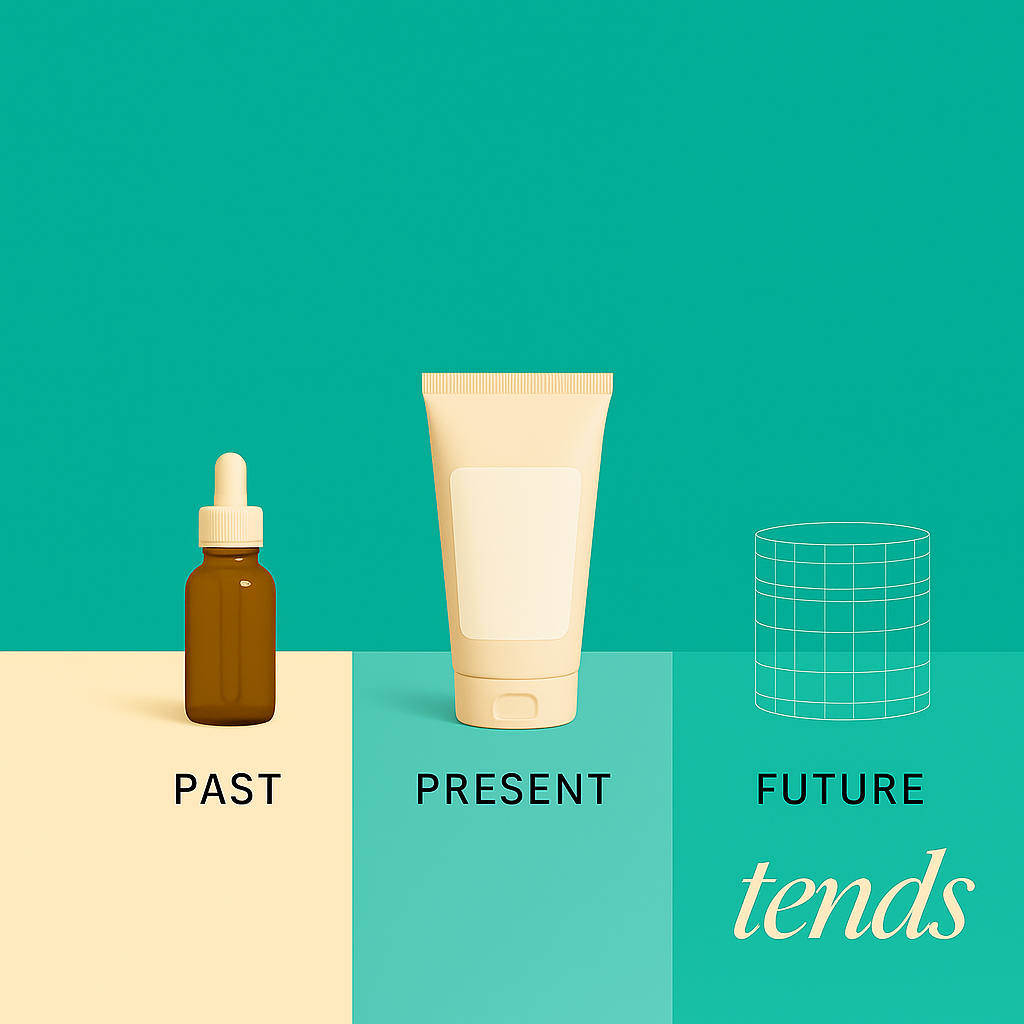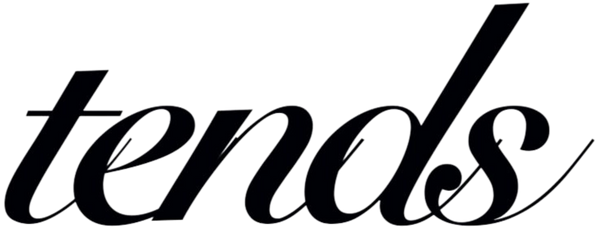
Cosmetic Business Trends 2025: What New Brands Need to Know
Share
Top 7 Cosmetic Business Trends in 2025 Every Beauty Entrepreneur Should Know
The beauty market keeps evolving—but for retailers and entrepreneurs planning a launch (or scaling a line), the big picture is clear: customers want effective, trustworthy, and well-told products. Here are seven 2025 trends shaping profitable cosmetics brands—and how a manufacturer like Tends Labs helps you ride each wave.
-
Clean, Conscious, and Evidence-Led

Shoppers want clean formulations—and clear explanations. It’s not just about what’s left out; it’s about what’s included and why. Brands that explain ingredients, benefits, and testing earn trust.
How to act: Build product pages with plain-language ingredient stories and publish FAQ blogs answering top questions.
How Tends Labs helps: Access to proven, compliant bases and guidance on evidence-backed claims. -
Agile, Small-Batch Manufacturing
New brands win by testing quickly: shorter runs, faster feedback, smarter scale. Small-batch runs reduce risk and let you refine based on real customer data.
How to act: Launch with 1–3 hero SKUs, then expand once you see velocity.
How Tends Labs helps: Advises on MOQs, replenishment cadence, and demand-driven production. -
Niche Positioning Over “Everyone”
The fastest-growing brands serve specific people with specific needs: sensitive skin, textured hair, men’s care, post-treatment support, or clean fragrance-free routines.
How to act: Craft a sharp brand narrative and build bundles that speak to a single use case.
How Tends Labs helps: Suggests category mixes that fit your niche and budget. -
Ingredient Transparency & Education

Ingredient-curious customers are here to stay. Winning brands publish clear INCI labels, address allergens, and share how the product works.
How to act: Add ingredient glossaries, short explainer videos, and downloadable factsheets.
How Tends Labs helps: Supports with labelling accuracy and quality documentation for retail readiness. -
DTC + Wholesale as a Hybrid Strategy

Direct-to-consumer (DTC) gives you data and margin, while wholesale accelerates reach and credibility. Many profitable brands do both—intentionally.
How to act: Set pricing and margin that protect wholesale partners and run intro bundles online.
How Tends Labs helps: Ensures predictable supply, batch traceability, and scale planning when retailers come calling. -
Sustainable Packaging Without Confusion
Buyers value sustainability, but not at the cost of usability or aesthetics. The conversation is shifting from buzzwords to practical choices like PCR plastics, glass, or refill systems that make sense for the formula.
How to act: Choose materials that match your use case and add a short, honest sustainability note to your PDPs.
How Tends Labs helps: Recommends fit-for-purpose packaging that balances stability, cost, and brand. -
Compliance-Ready From Day One
As regulations evolve, brands that build compliance into operations move faster and avoid rework. Think INCI accuracy, claims discipline, and QA.
How to act: Standardise label templates, maintain batch records, and keep a claims checklist.
How Tends Labs helps: Provides QA processes and documentation—so you can scale with confidence.
Building Your 2025 Roadmap (A Practical Play)
Quarter 1: Define niche + narrative, select 1–3 hero SKUs, plan packaging, set MOQs.
Quarter 2: Launch with bundles and education content; collect reviews and iterate.
Quarter 3: Add 1 custom or differentiated SKU once you have feedback.
Quarter 4: Expand channels (retail/wholesale) and systemise operations (QA, compliance, SOPs).
Tends Labs can help at each step—from formula selection to packaging, compliance, and production—so your 2025 roadmap is realistic and profitable.
Planning a 2025 launch? Book a free consultation with Tends Labs.
FAQs (Quick Answers for Buyers)

Q: How long does it take to launch with private label?
A: Typically 6–8 weeks, depending on packaging lead times and MOQs.
Q: Can I tweak a private label formula?
A: Often yes—fragrance, texture, or actives can be adjusted within stability limits.
Q: What’s the minimum number of products to start?
A: Many brands start with 1–3 SKUs, then expand once sales validate demand.
Conclusion & Next Steps

The most successful brands in 2025 will educate, iterate, and execute with clear operations behind the scenes. Whether you begin with white/private label or custom formulation, the key is focus: tight hero SKUs, compliant storytelling, and consistent supply.
Register for our “Private Label 101” Webinar
Book a Free Consultation with Tends Labs
